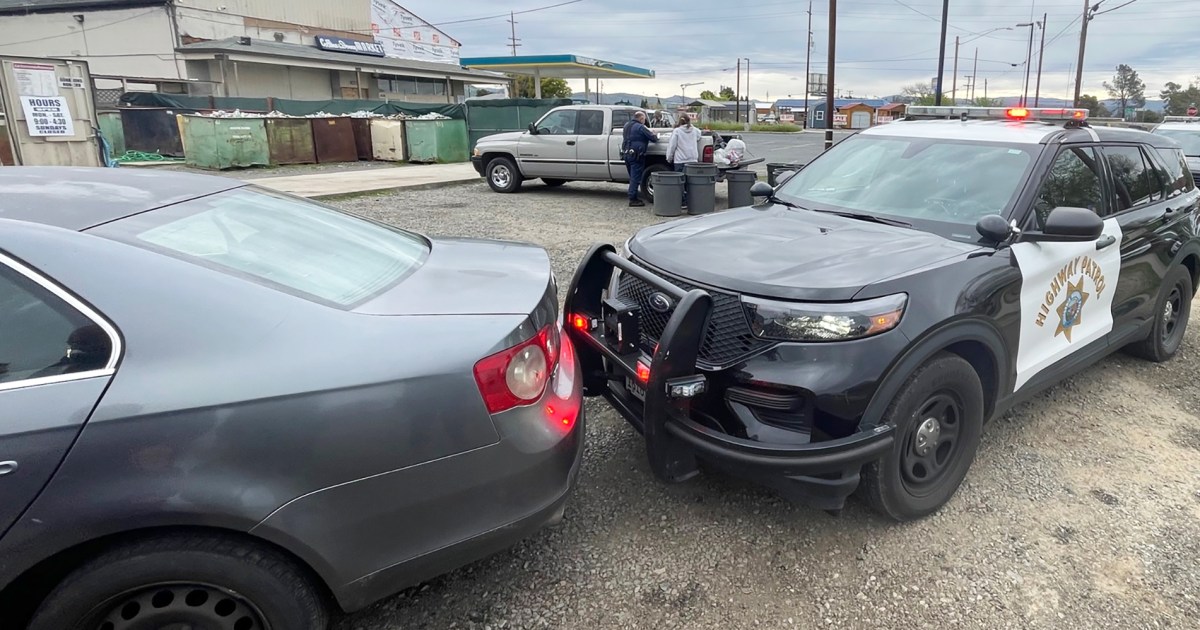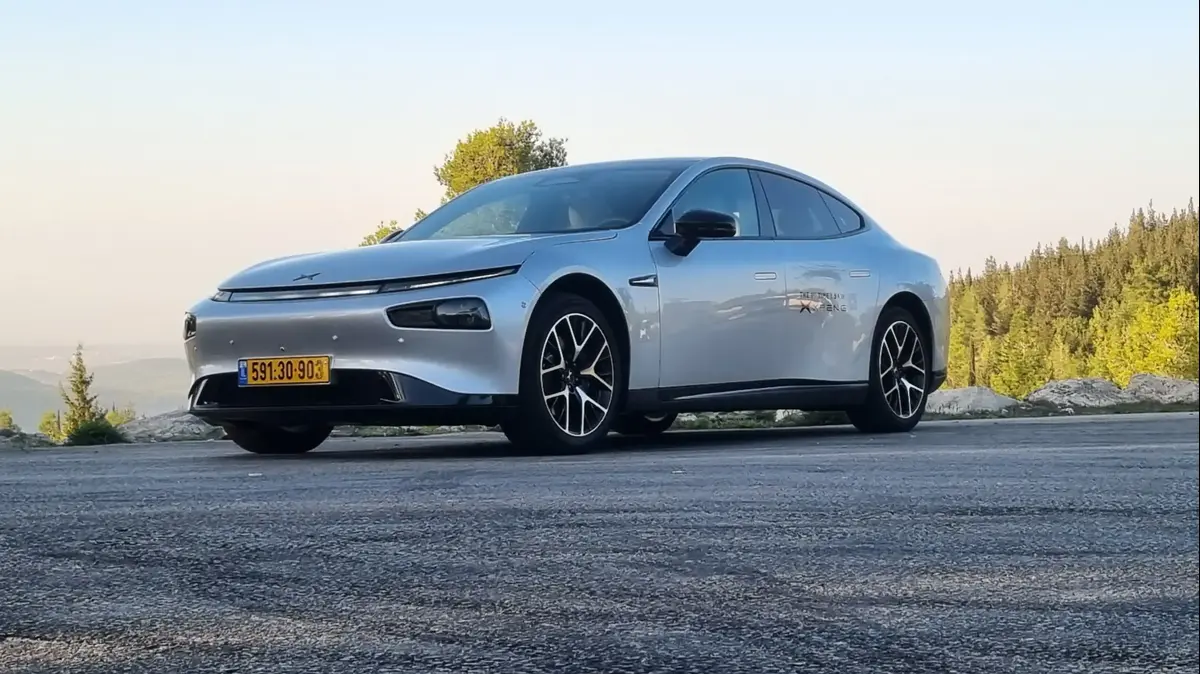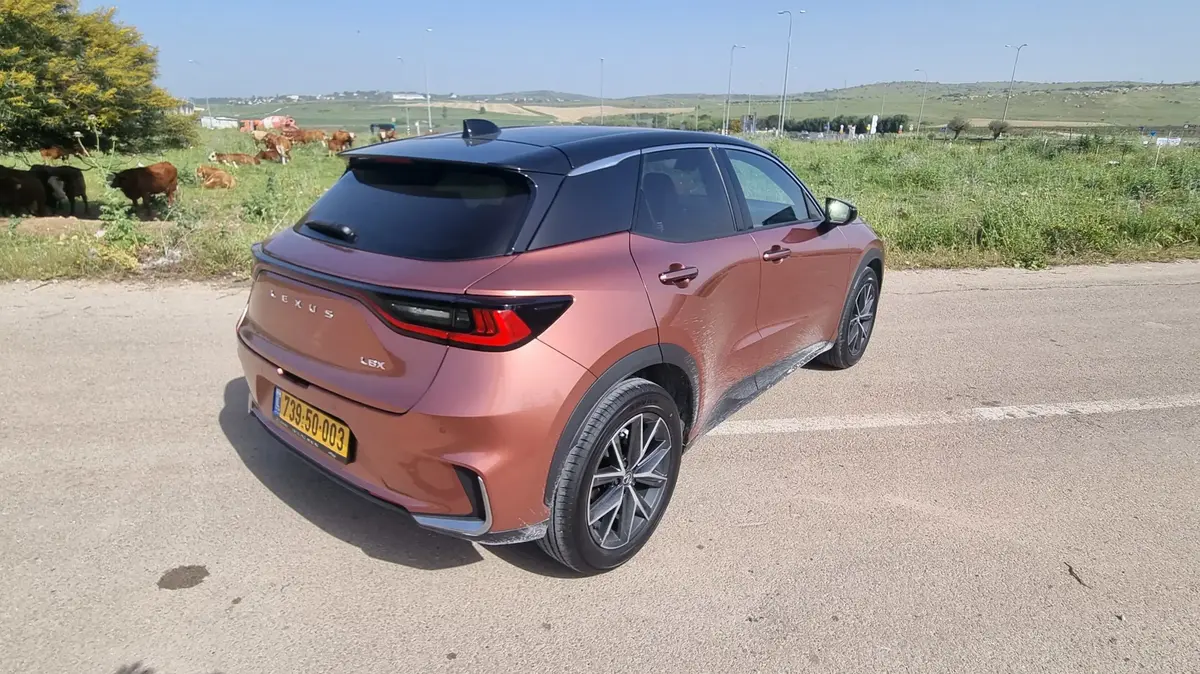Failure to pay for the car?
He will leave you alone (photo: manufacturer's website)
The electric cars introduced the concept of "range anxiety" into our lives, the fear that the driving range of the car will not be enough for us to get home.
Well, soon we may start dealing with a new-old "abandonment anxiety" of our car.
Ford is working on a system that will allow it to better deal with cases of customers who do not meet the monthly payment on their cars.
The car maker filed the patent back in August 2021, but it was published now and with an interesting addition.
The basis of the idea was to allow the company to remotely disable accessories such as the multimedia system, the climate control, the cruise control, the engine performance which will be reduced as a "remedial measure" in front of non-paying customers if they do not show up to the point of locking the vehicle.
But with its publication, it seems that another aspect has been added - full moving of the vehicle from the customer's house.
will leave the parking lot back (photo: manufacturer website, manufacturer)
According to the description, in case of non-payment, in cars with semi-autonomous capabilities, "the system can move the vehicle from one point to a secondary point that allows for a more convenient towing of the car" that is, it can only be a "retrieval" of the vehicle from a home parking lot for the purpose of towing it - something which does not require extraordinary autonomous capabilities and already appears in certain BMW and Hyundai cars.
In the future, if the car is equipped with a fully autonomous driving system, the company will be able to control it remotely and drive it from the customer's premises to the accompanying body or the legal owner of the vehicle.
Interestingly, it is also stated that if the lending body decides that the value of the vehicle does not justify the treatment - the car will drive itself to the scrap yard.
More in Walla!
Do not compromise on unsatisfactory sex: this is how you will improve performance - with an exclusive discount
Served on behalf of "Gabra"
Is the car not worth much?
She will go straight to the scrap yard (Photo: ShutterStock)
The patent application does not refer to the date when it will start operating or specify certain vehicles in which the system will be active.
How applicable is it?
Well, once a car is connected to the Internet (like vehicles with the ability to update over the air), the business is very accessible to any manufacturer or supplier even remotely.
The second thing is that the patent does go down to a level of detail that indicates capabilities or at least an intention to implement this idea.
Among other things, the way in which the car's communication system can synchronize with the control of the home garage door opening, notification of the law enforcement forces about taking the vehicle "without permission" and more.
Should you start putting Denver sandals on your cars to prevent them from pulling out of the parking lot on their own?
not really no.
Filing a patent is often not a sign of technology entering production, but often simply a way to protect the idea itself.
And even if it is, the future of autonomous capabilities that will allow the car to go its own way is still far away.
Regarding remote neutralization of an armature as a means of pressure?
We see this happening long before.
vehicle
car news
Tags
Ford
Autonomous vehicle
Autonomous car














